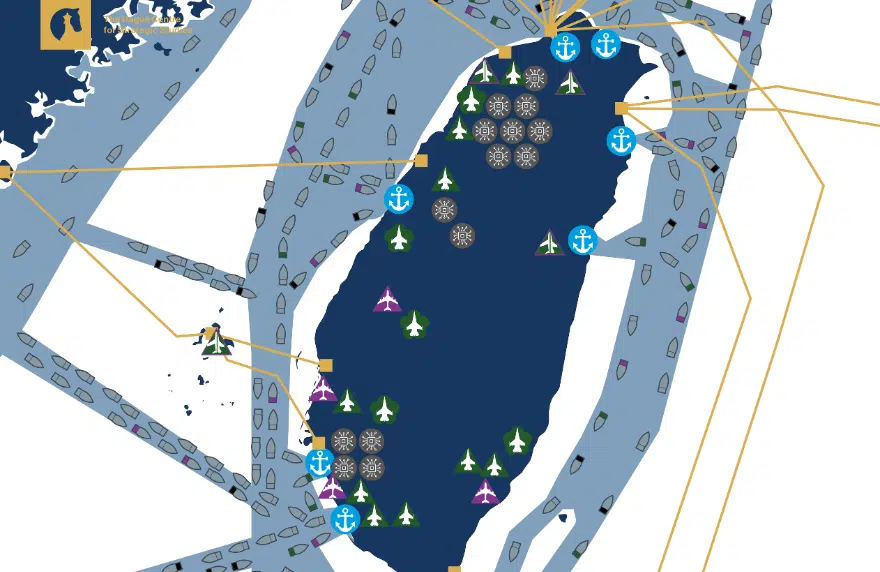Research
China is taking an increasingly dominant position in the market for offshore wind technology and electrolysis for green hydrogen production. To limit strategic dependencies, Europe must take measures. The geopolitical consequences could be far-reaching and directly affect the pace and costs of our energy transition, researchers from TNO and the Hague Center for Strategic Studies (HCSS) conclude in a new joint report published today.
The report ‘The EU’s China challenge: Rethinking offshore wind and electrolysis strategies and dependencies’ provides an analysis of China’s current and future role in the wind energy and electrolysis supply chains. The publication combines HCSS’s geopolitical analyzes with TNO’s technological and market knowledge in the field of energy and materials.
“China keeps the market structurally closed to European parties, but expects free access for their products on our continent. This is one of the reasons why they are building up a position that allows them to compete excellently on price,” says author Joris Teer, strategic analyst and China specialist at HCSS. “Furthermore, the world relies heavily on China for the energy transition for the use of raw materials, including rare earth metals. The latter are very important for making wind turbine parts. President Xi speaks explicitly about the geopolitical need to make supply chains more dependent on China. That entails major risks,” Teer warns.
According to Teer, these are strategic considerations that must be made at both national and European level. But companies will also have to decide whether to opt for cheaper Chinese products in the short term, with the risk of dependence on maintenance parts, or to invest in more expensive products in the longer term that offer you much more security.
“Think of Russia turning off the gas tap. Because dependence on that gas was used as a weapon, many companies are still in serious trouble today. This could also be the case with wind energy. Suppose you invest in cheaper Chinese complex components, then you will be dependent on China for maintenance and replacement. From a geopolitical point of view, that’s an extremely bad idea, especially now that wind energy is becoming an increasingly important part of our energy mix. The war in Ukraine shows: within months, economic relations between countries can become untenable. As a result of a military crisis in East Asia, European-Chinese relations could suddenly deteriorate to an extreme extent. Hedging those risks by protecting the market and supporting European parties costs money, but decreases your dependency.”
To stimulate and protect its own industry, the EU will have to take restrictive measures to enforce a level playing field. According to the TNO and HCSS researchers, one possibility is to tighten standards in the areas of safety, quality, working conditions and environmental standards. Member States can also impose stricter requirements when it comes to national security and security of energy supply. And as long as China does not open its market, only companies from trusted countries would be able to tender for large tenders for vital infrastructure such as offshore wind farms. The same is possible for large tenders in the field of electrolysis.
This research was carried out at the request of the China Knowledge Network (CKN) of the Clingendael Institute/Leiden Asia Center, with support from the Dutch Ministry of Economic Affairs and Climate and the Ministry of Foreign Affairs.
Authors: Karlien Sambell, Sam Lamboo, Lennart van der Burg and Piet Warnaar (TNO); Joris Teer and Abe de Ruijter, with contributions from Berend Kwak (HCSS).







